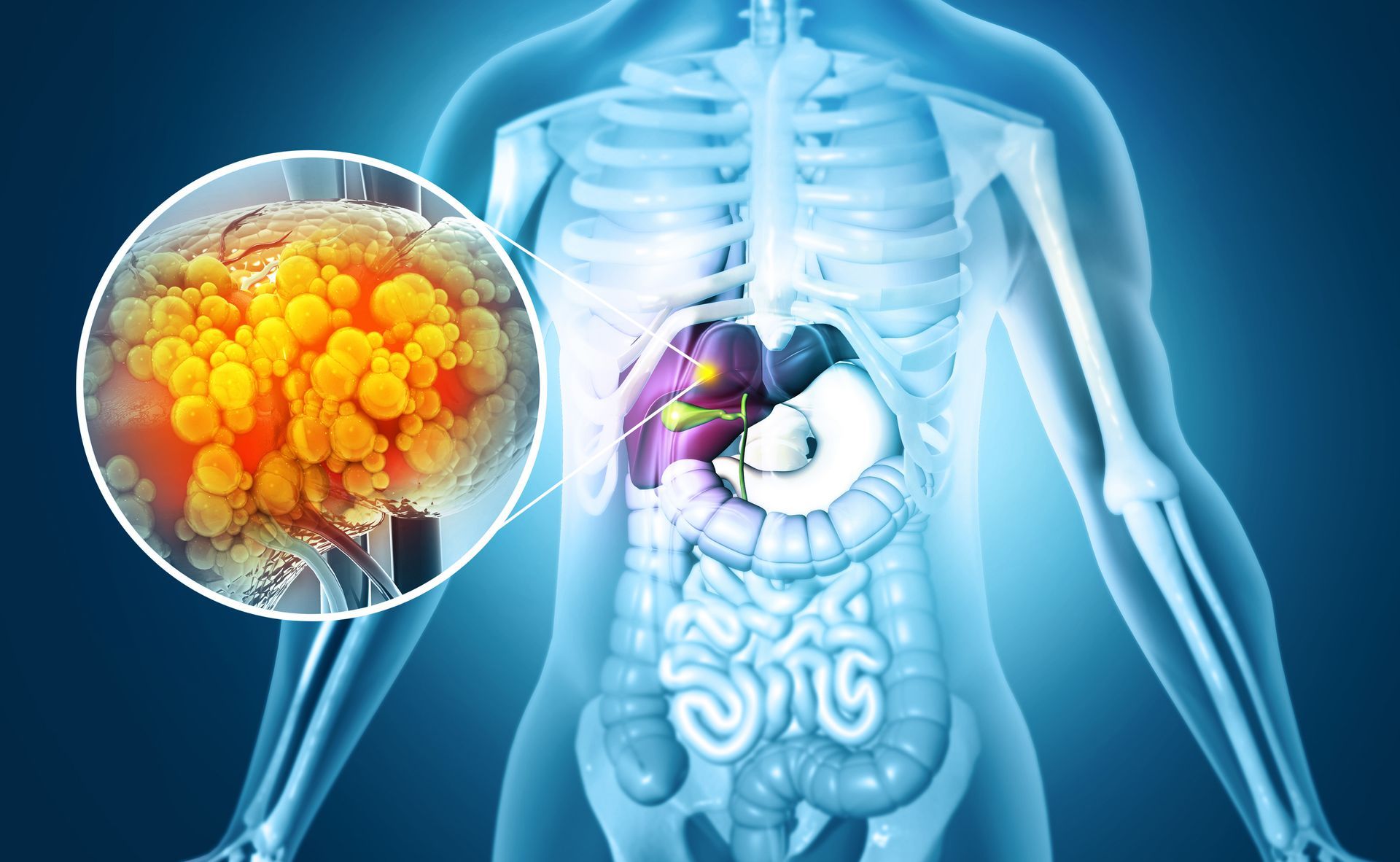Pelvic Floor Strength and Fecal Incontinence: Treating an Embarrassing (but Common) Condition
Very few medical conditions are reported 100 percent of the time. Some patients avoid seeking medical treatment, while others fail to bring symptoms to the attention of their doctor, making it difficult to accurately determine a given condition’s prevalence. Then, there are those that go unreported in large part due to embarrassment or a perceived stigma. Fecal incontinence (FI) often falls into this latter category. In fact, while studies have shown that one in seven Americans have a history of FI, only about 3 percent have a medical diagnosis. This disparity is generally believed to be due to a reluctance on the part of patients to discuss FI symptoms with their physician. Yet, doing so would prove incredibly beneficial, as many potential treatment options exist.
What Causes Fecal Incontinence?
Just as the name implies, fecal incontinence is a condition in which patients are unable to fully control their bowel movements, leading to instances of unexpected leaking of stool. The condition is often the result of changes in bowel habits like diarrhea and, on occasion, constipation. It may also be caused by weakened or damaged sphincter muscles or nerves due to trauma, childbirth, or medical conditions such as diabetes or multiple sclerosis. In cases of rectal prolapse or rectocele, positioning of the rectum could be responsible.
Symptoms of Fecal Incontinence
FI does not present the same for all patients. Many experience it only occasionally when suffering from diarrhea. For others, the condition is recurring or may even become chronic. In these cases, FI is typically experienced in one of two ways:
- Urge Incontinence – A strong and sudden urge to defecate that leaves patients unable to reach the restroom in time
- Passive Incontinence – Incontinence that occurs without the urge to defecate
The Role of Pelvic Floor Strength in Fecal Incontinence
The muscles that comprise the pelvic floor serve many important roles, some of which play key roles in fecal incontinence. Not only do they include the sphincteric muscles that control the opening and closing of the rectum and bladder, they also act as support for pelvic organs. When these muscles become damaged or weak, the rectum may not close properly, and it may be more susceptible to gravity or abdominal pressures from above. Across many clinical studies, strengthening or of these muscles has been shown to significantly improve fecal incontinence.
Pelvic Floor Therapy for FI
Improving the strength and function of pelvic floor muscles is most commonly achieved with the aid of biofeedback therapy. In this specialized form of physical therapy, therapists who have undergone specific training guide patients through exercises designed to increase pelvic floor strength. The therapy may be also include the use of special tools or aids such a rectal balloon, all with the ultimate goal of helping patients improve control over bowel movements and associated muscles.
If you have been suffering from fecal incontinence, it is important to understand that you are not alone and that treatment options do exist. The sooner you speak with a specialist such as a gastroenterologist , the sooner your symptoms can be improved or even resolved. Physicians like those at Digestive Diseases Center regularly encounter common medical conditions such as fecal incontinence and approach all cases with high levels of expertise and tact. To request an appointment a doctor who can help you learn more about FI and the potential treatments, click below.
CONTACT
850-763-5409
ADDRESSES
4 LOCATIONS
204 E 19th Street, B, Panama City
12216 Panama City Beach Pkwy, D, Panama City Beach
4295 3rd Ave, Marianna
101 Good Morning St., 109B, Port St. Joe
Subscribe to our newsletter:
subscribe to our newsletter
We will get back to you as soon as possible.
Please try again later.



